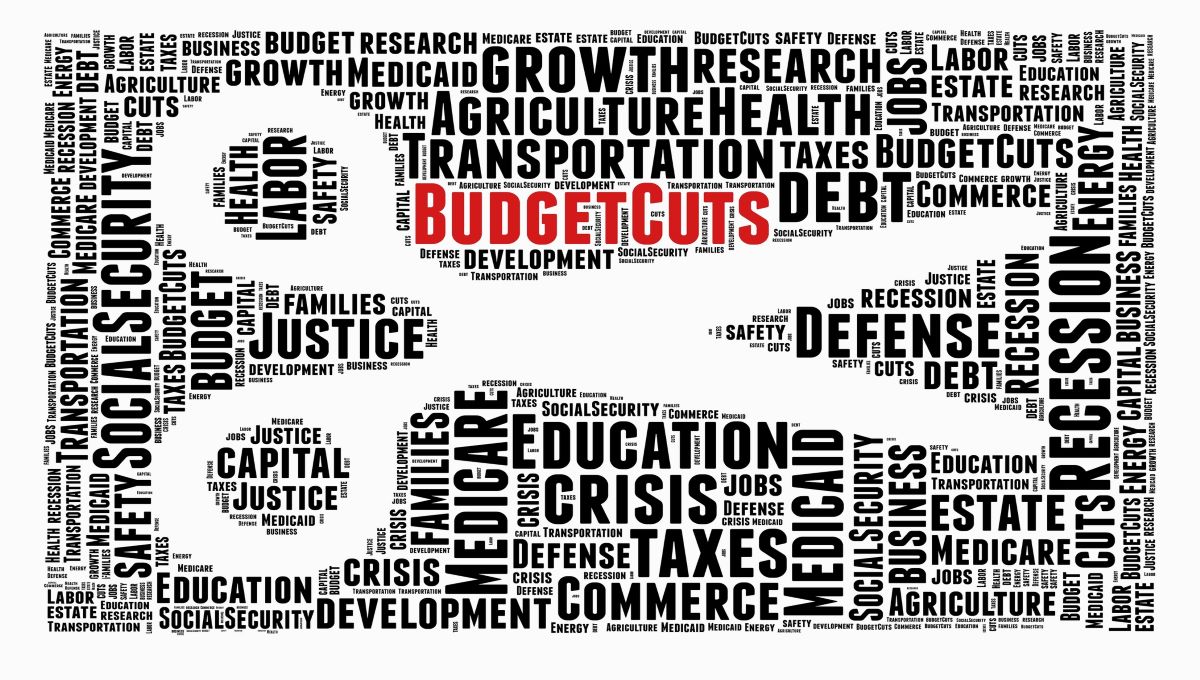
Many European countries are struggling to perform all their planned checks on businesses because of resource issues, according to a report.
The analysis covers national and EU Commission controls during 2017 and 2018 on food and feed law, animal health and welfare, plant health and protection products, organic farming and quality schemes. Findings are from before the Official Controls Regulation (OCR) came into force in December 2019.
Official controls are done by authorities in EU countries to verify business compliance with legislation. Member states are responsible for running risk-based official controls, which are planned in their multi-annual national control plans (MANCP). Most countries reported that staffing levels, financial and equipment resources were key issues impacting the plans.
Relaxed attitudes to food safety backfire
Information from Belgium, Bulgaria, Cyprus, Finland, Germany, Greece, the Netherlands, Poland, Portugal, Romania, Slovakia, Spain and Sweden shows budget cuts resulted in reduced staff levels, sometimes declining further from previous years, and insufficient financial and material resources.
Finland, Germany, Greece, Netherlands, Poland, Portugal, Romania and Spain admitted they could not perform all tasks planned in their MANCPs. Malta, Spain and Sweden mentioned difficulties in recruiting qualified staff, a problem that food businesses also faced. In the Czech Republic, France and Netherlands, staff numbers were increased to deal with specific issues such as food fraud and preparation for Brexit.
Improved data analysis, training, use of IT tools and desk-based controls helped improve efficiency of official controls. As did use of whole genome sequencing for analysis of Listeria outbreaks and creation of control networks in specialized sectors such as food additives and flavorings.
There cannot be any complacency toward food safety and all planned control activities need to be implemented, said the EU Commission.
“Relaxed attitudes to food safety always backfire and when they do, it may not only threaten public health but also affect the trust of our citizens as well as our trading partners in the EU food system as a whole,” according to the Commission.
Non-compliances and enforcement
Most non-compliance issues reported by national authorities concerned failures in good hygiene practices, maintenance of infrastructure and operators either failing to perform or register the results of their own checks.
Risks associated with non-compliance situations found during official controls related to loss of traceability and food safety hazards such as allergens, food poisoning and chemical contamination.
Most countries indicated that business operators still lack an understanding of legal requirements. Factors such as a high rotation of workers, difficulties in finding qualified staff and insufficient training contribute to poor implementation of some rules by companies, according to the report. Lower profit margins were also mentioned as an underlying cause of non-compliances. Netherlands said that publishing results of official controls led to a higher level of compliance by food businesses.
Enforcement included verbal and written warnings, seizure and destruction of goods, temporary removal or restriction of approval, fines and referral to court. Finland and Luxemburg restricted operators’ access to financial support. Enforcement in the distribution, sale, labeling and use of pesticides and the labeling of food products for the consumer also remained significant challenges.
Food fraud and online sales as challenges
The fipronil in eggs incident is covered in the reports of Belgium, Czech Republic, Denmark, Finland, France, Hungary, Italy, Netherlands and Poland.
Belgium, Denmark, Finland, Germany, Greece, Hungary, Italy, Latvia, Lithuania, Luxemburg, Malta, Netherlands, Spain, Sweden, Slovenia and the United Kingdom mentioned food fraud and internet sales as posing challenges. Austria, Croatia, Finland, Germany, Italy, Latvia, Luxembourg, Malta and Portugal noted cooperation with other authorities on food fraud had improved in recent years.
DG Sante’s controls on member states found they have the systems in place to ensure implementation of EU requirements but in some countries there are deficiencies in execution of official controls and there was still room for improvement.
Only Czech Republic, Estonia, Finland, Latvia, Lithuania and Slovakia submitted their 2017 and 2018 reports on time. Some countries were very late with the Commission getting the last report covering 2017 in April 2019 and in June 2020, it had still not received one report for 2018.
All member states said they define the frequency of official controls through risk-based assessments but none described the methodology used. Third-party assessment bodies certify EU food and feed businesses under different private quality assurance schemes. Some nations use information from these programs in their risk assessments. None of the annual reports had information on the effectiveness of official control systems.
(To sign up for a free subscription to Food Safety News, click here.)
Article From & Read More ( EU countries battling lack of resources for food controls - Food Safety News )https://ift.tt/3uhZqB0
food

Tidak ada komentar:
Posting Komentar